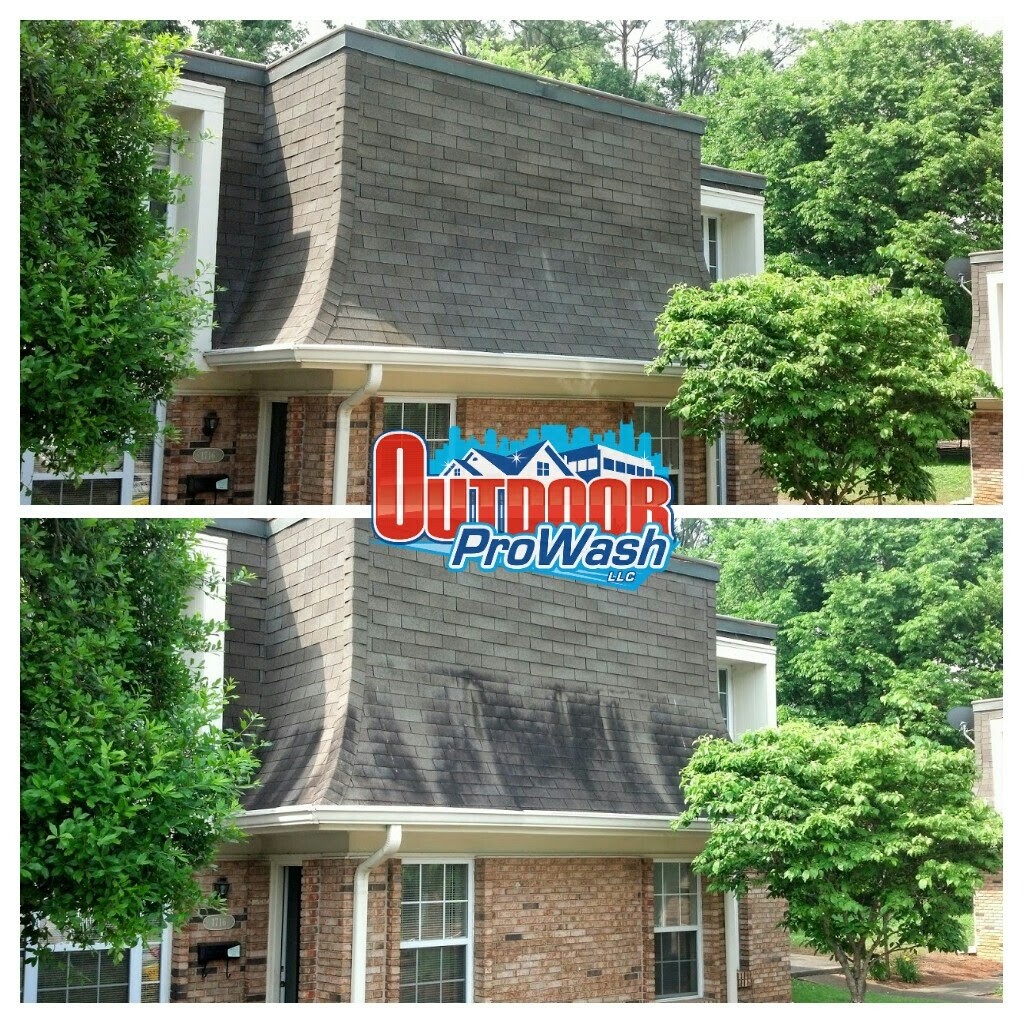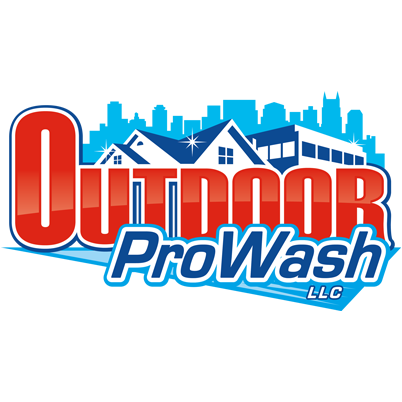Learn more about Soft Washing

Soft washing is a cleaning technique that is gaining popularity as an effective and safe way to clean exterior surfaces. It is a process of using low-pressure water, mixed with a cleaning solution, to remove dirt, grime, mold, and other stains from surfaces such as roofs, siding, decks, and fences.
In this blog post, we will discuss the basics of soft washing, its benefits, and how it differs from pressure washing.
What is soft washing?
Soft washing is a cleaning technique that uses low-pressure water and a cleaning solution to remove dirt and stains from surfaces. The cleaning solution is applied using a specialized pump and nozzle, which ensures that the solution is applied evenly across the surface being cleaned. The solution is then allowed to sit for a period of time, typically 10-15 minutes, before being rinsed off with low-pressure water.
The cleaning solution used in soft washing is typically a mixture of water, bleach, and a surfactant. The bleach kills mold, mildew, and other organic stains, while the surfactant helps the solution to stick to the surface being cleaned.
Benefits of soft washing
- Effective cleaning: Soft washing is a highly effective cleaning technique that can remove even the toughest stains from exterior surfaces.
- Safe: Soft washing is a safe cleaning technique that does not damage surfaces like pressure washing can.
- Prevents future growth: The cleaning solution used in soft washing destroys mold, mildew, and other organic stains, which helps prevent future growth.
- Saves time and money: Soft washing is a cost-effective cleaning technique that can save you time and money compared to other cleaning methods.
Difference between soft washing and pressure washing
Pressure washing is a high-pressure cleaning technique that uses water at a high pressure to clean surfaces. Pressure washing is typically used to clean surfaces such as concrete, brick, and stone, but can also be used to clean some exterior surfaces.
Soft washing, on the other hand, is a low-pressure cleaning technique that uses water at a low pressure to clean surfaces. Soft washing is typically used to clean exterior surfaces such as roofs, siding, decks, and fences, as it is a gentler cleaning method that is less likely to damage these surfaces.
While pressure washing can be effective for certain surfaces, it can also be damaging. High-pressure water can strip paint, damage wood, and even crack concrete. Soft washing, on the other hand, is a gentle cleaning technique that is less likely to cause damage.
Conclusion
Soft washing is a safe and effective way to clean exterior surfaces. It uses low-pressure water and a cleaning solution to remove dirt, grime, mold, and other stains from surfaces such as roofs, siding, decks, and fences. Soft washing is a cost-effective cleaning technique that saves time and money compared to other cleaning methods. If you’re looking for a safe and effective way to clean your exterior surfaces, consider soft washing as your cleaning method of choice

